PROJECTS
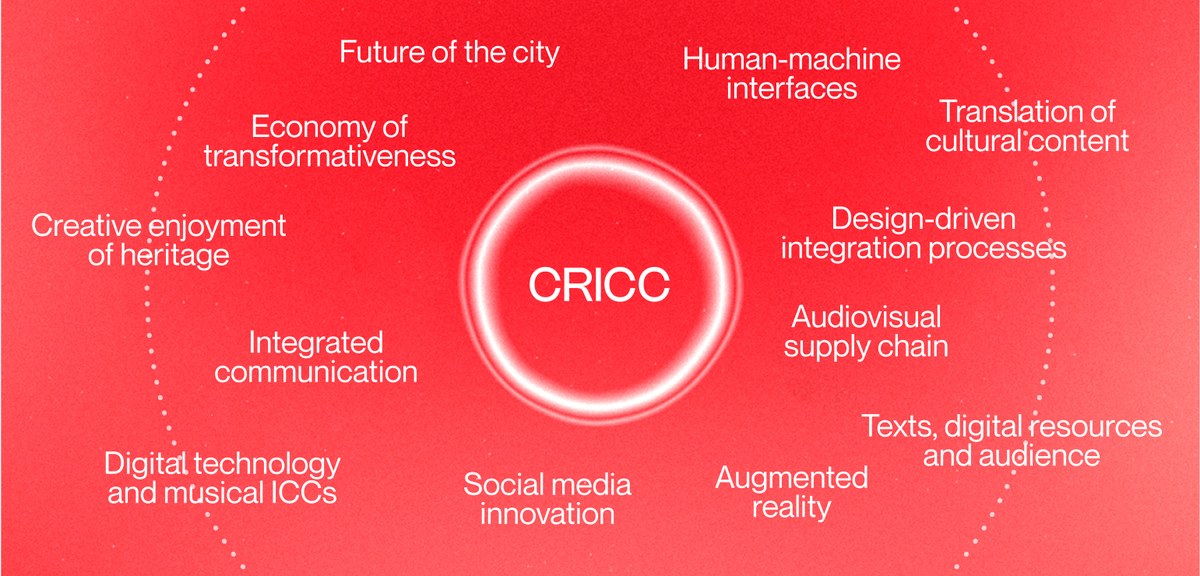
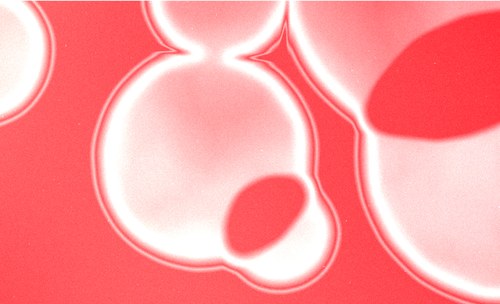
Activation and management of the Research Center for the interaction of Cultural and Creative Industries.
The focus topic is the connection between technologies, professional and entrepreneurial activities, cultural and creative content.
● Coordination of the cross-disciplinary applied research group; facilitation of research processes;
● Assistance in the creation of content related to meeting activities;
● Analysis of case studies, market research;
● Design of online and offline communication tools;
● Mediation activities with potential stakeholders, contacts with companies;
● Editorial and journalistic promotion of the results of the CRICC project;
● Curation of events for the dissemination and promotion of results and prototypes.
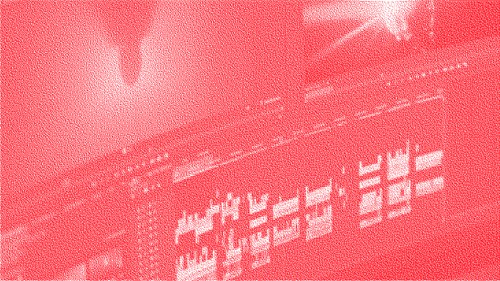
Audiovisual industry in the Emilia-Romagna region
The project focuses on the audiovisual industry in the Emilia-Romagna region, taking an ecosystem approach and developing innovative methodologies.
The research involves conducting multilevel analysis:
● Analysis of audiovisual content, including with the aid of automated methods and artificial intelligence, both at the linguistic level (e.g., topic detection) and at the representation level (e.g., image and sentiment detection);
● Quantitative analysis of print and social media to measure the impact of audiovisual production and generate competitive advantage in relation to audience expectations;
● Analysis of the audiovisual ecosystem using qualitative and quantitative modeling techniques (loop analysis, system dynamics, etc.) to assess the impact of industrial strategies, policy maker interventions, and audience choices.
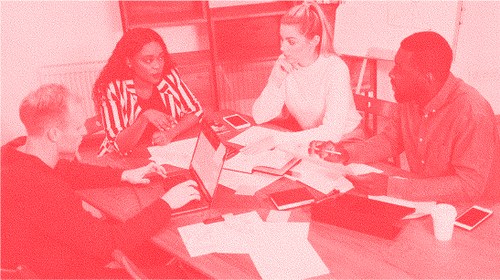
Design-driven integration processes internationalization
Mapping for the development of design-driven integration processes between research,
technologies, and cultural and creative enterprises and their application to the world of production.
Elaboration and representation of the regional, national, and international system of relations between research, technologies, and cultural and creative enterprises. Drafting of a research dossier on the University's laboratory offerings in the field of cultural and creative industries.

Design-driven communication integration processes
Mapping for the development of design-driven integration processes between research, technologies, and cultural and creative enterprises and their application to the productive world. Enhancement and transfer of practices designed into online and offline communication tools, data collection and visualization, web design, editorial design, development of a plan for disseminating possible interactions between research and cultural and creative enterprises in a logic of experimentation through workshops and living labs.
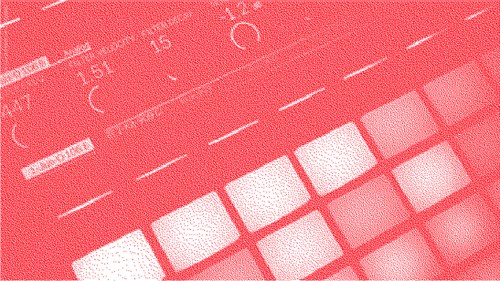
Digital technology in the music and audiovisual cultural and creative industries in Emilia-Romagna
Survey on technology and innovation in the cultural and creative music industries of Emilia Romagna using quantitative and qualitative analysis methods. In particular, we are examining how companies in the music and audiovisual sectors exploit digital technology, what technologies they use, and how digital technology improves or affects their performance in the production, creation, and distribution of sound/music.
The situation we are experiencing is having a major impact on the sector and, more generally, on the relationship between society, digital technologies, and sound. It is very likely that the current shock will lead to long-term realignments, both in the working phases and creative processes, as well as in distribution, and, consequently, changes in production structures and their relationship with technology.

LINK’IN’OPERA: bringing together texts, digital resources, and audiences
Creation of a platform for cross-navigation of digital resources related to opera, enabling different content owners
to offer their audiences an experience enriched by the context of the information heritage, the sum of the various sources.
Through three lines of action:
1. linking digital resources to the opera repertoire and historical context;
2. linking the literary and musical texts that make up the opera;
3. organizing the content into thematic paths.
Purpose:
1. building services for accessing and enriching third-party archives/catalogs.
2. building storytelling paths based on different user profiles and application purposes to create educational paths on the history of opera.
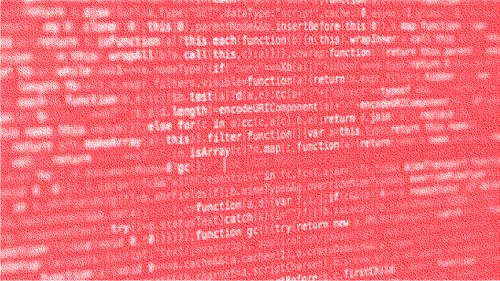
The translation of artistic and cultural content
Assessment of possible scenarios for the application of machine translation in the cultural and creative industries, in-depth analysis of case studies, and proposals for concrete applications of interest to businesses operating in the region.
Research in the field of machine, crowdsourced, and professional translation has produced solutions that even small, low-tech companies can now use, adapting them to their specific communication needs and potentially significantly improving the quality of the product obtained, compared to freely available solutions (e.g., Google Translate).
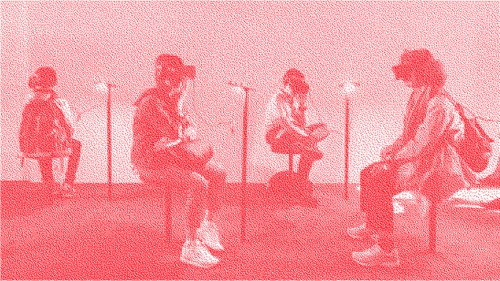
Augmented reality and the enhancement of fashion archives
The project involves working closely with companies in the Emilia-Romagna fashion industry to develop technological solutions applied to corporate heritage and aimed at facilitating cataloging and consultation processes.
The project aims to analyze the reference context and outline scenarios in which augmented reality can accelerate and enhance the development of image archiving or search systems, in order to increase the synergy between this information technology and the processes of creation, marketing, communication, and preservation of fashion products.
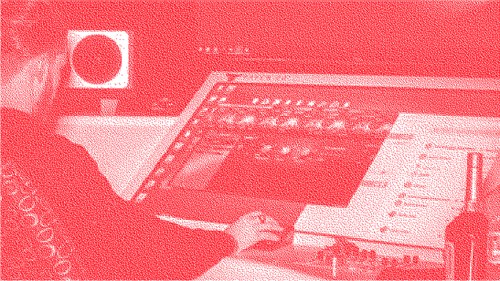
Evolution of human-machine interface design in relation to complex socio-technical systems
The project involves structured mapping to highlight the state of the art in the evolution and expected trends in the design context of human-machine interfaces in relation to complex socio-technical systems.
In collaboration with the company Re_Lab, the work aims to highlight case studies relating to industrial products and design-oriented methodologies with a multidisciplinary approach to the ergonomic, cognitive, anthropological, and social aspects that characterize this rapidly changing design field. The research aims to highlight the role of humans and their bodies in contemporary design contexts, with the goal of bringing out new design practices in relation to interaction processes connected to the growing theme of the economy of transformativeness.
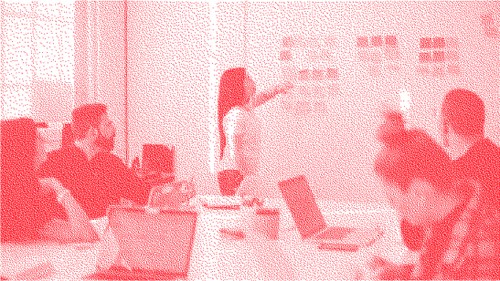
Jobs and professions in the cultural and creative sector
Creation of an online observatory on ICCs and new creative professions in the region.
In collaboration with the Flaminia Foundation, the project aims to develop a prototype editorial office and broadcasting center within the Ravenna Open Laboratory, which will work to raise the quality of lessons (at all levels) and the quality of creative enjoyment of heritage.
The collaboration involves participation in the organization of the final event of the first phase of CRICC (ICC Festival), which will be an opportunity to present a report and prototype for training and heritage enjoyment, through the design and organization of a tour within an ICC supply chain that is particularly present in the Romagna region.
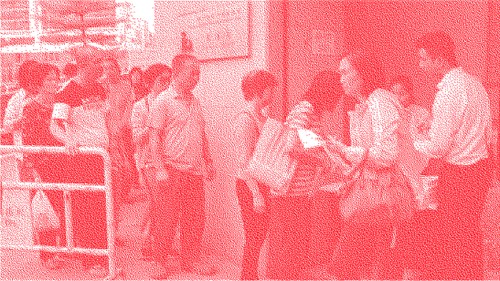
Culture and creativity integrated with personal and community well-being - the economy of transformativeness
The project involves mapping creative formats applied in the field of neuroscience to implement enabling technologies that restore and maintain people's health and well-being.
In-depth study of mindfulness processes; design of innovative mindfulness processes based on creative formats; analysis of the dominant technologies of the emerging “transformative economy sector”; production of home-based services and activities useful for the emotional and functional training of users in relational isolation; design and organization of study and dissemination events in the sector; drafting of a research dossier on emerging professional skills in the region.
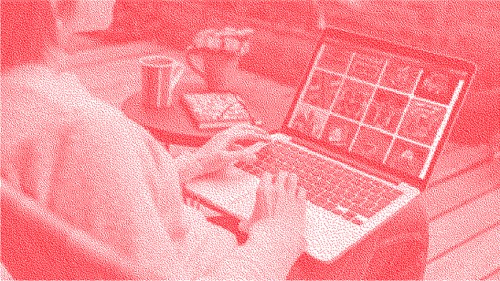
Observatory on the future of the city. Open workshops and design
Documentation of the transformation processes triggered by the emergency, in line with global and territorial challenges, through the creation of a repository of case studies and a repertoire of processes, tools, and technologies.
In collaboration with FIU, these activities include: creation of testimonial material, including in audio-visual format, through the drafting of Urban Data Stories and Urban Stories and through data visualization; design, including through prototyping, of formats to support urban transition processes through the use of processes, practices, and technologies related to the ICC field; visualization of the meta-city, creating a storytelling of the possible, through the use of prototypes to support the activities of the Observatory and the Open Laboratories. The aim is to foster possible relationships between the R-Innovare la città Observatory, the ICC Observatory, and the Regional Open Laboratories.
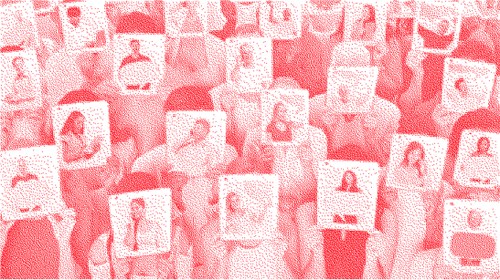
Social media innovation lab and ICC. Open design workshops
The aim of the research project "Social media innovation lab and ICC. The phenomenon of social media and cultural consumption in the Metropolitan City of Bologna during Covid-19"
is to investigate the contribution made by social media in the context of community relations, mutual aid and support, and in communicating the institutional activities of local authorities, in particular municipalities, districts and neighbourhoods, in promoting the cultural offerings available in and around the area.
The research explores the technological, techno-social, and communication potential, as well as the potential for sharing, which often develops from the bottom up and ends up guiding citizens' cultural consumption through the use of social media, especially following the emergence of the pandemic and in light of previous experiences related to both economic and environmental crises.
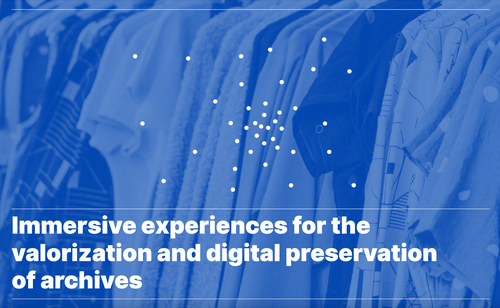
AUGMENTED REALITY AND ENHANCEMENT OF FASHION ARCHIVES
The project envisages, in close collaboration with companies in the Emilia-Romagna fashion sector, the development of technological solutions applied to the company heritage and aimed at facilitating the processes related to cataloging and consultation. The project aims to analyze the reference context and trace scenarios in which augmented reality can accelerate and enhance the development of archiving or image search systems, to increase the synergy between this information technology and the processes of creation, marketing, communication. and conservation of the fashion product.
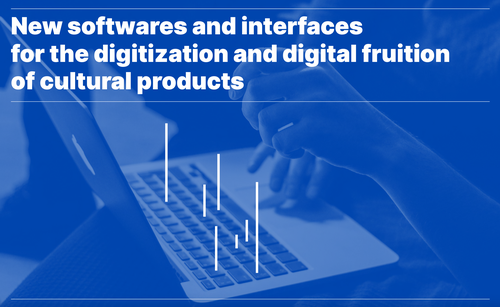
DIGITAL TECHNOLOGY IN MUSICAL AND AUDIOVISUAL CCIs IN EMILIA ROMAGNA REGION
Investigation of technology and innovation in the Cultural and Creative Music Industries of Emilia Romagna through quantitative and qualitative analysis methodologies. In particular, it is examining how music and audiovisual companies exploit digital technology, what technologies they use, and how digital improves or affects their performance for the production, creation and distribution of sound/music. The situation we are experiencing due to the pandemic is having strong repercussions on the sector and on the relationship between society, digital technologies and sound. The current shock will cause realignments in the long term, both in the working phases, in the creative processes, and in the distribution.
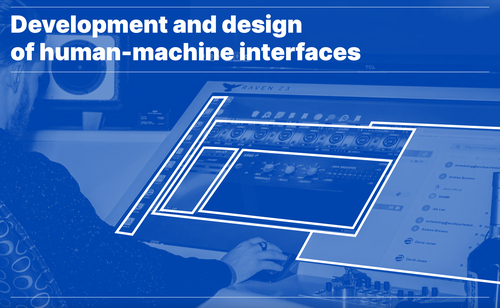
EVOLUTION OF THE DESIGN OF HUMAN-MACHINE INTERFACES
The project provides for a structured mapping activity that brings out the state of the art of evolution and expected trends in the design context of human-machine interfaces in relation to complex socio-technical systems. In collaboration with the Re_Lab company, the work is aimed at highlighting case studies relating to industrial products and design-oriented methodologies with a multidisciplinary meaning on the ergonomic, cognitive, anthropological and social aspects that characterize this rapidly changing design area. The research is aimed at highlighting the role of man and his body in contemporary design contexts, with the aim of bringing out new design practices in relation to the interaction processes related to the growing theme of the economics of transformativeness.
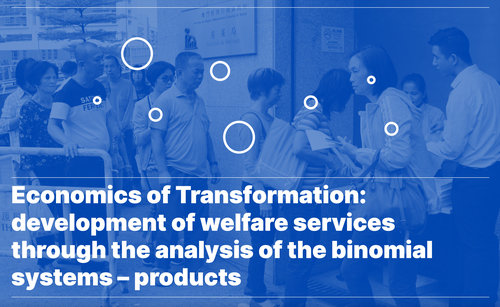
CULTURE AND CREATIVITY INTEGRATED TO THE WELL-BEING OF THE PERSON AND THE COMMUNITY - ECONOMY OF TRANSFORMATION
The project involves the mapping of creative formats applied in the field of neurosciences to implement enabling technologies functional to the restoration and maintenance of people's health and well-being. Deepening of mindfulness processes; design of innovative mindfulness processes based on creative formats; analysis of the dominant technologies of the nascent "sector of the economy of transformation"; production of home services and activities useful for the emotional and functional training of users in relational isolation; planning and organization of study and dissemination events on the sector; drafting of a research dossier in the regional territory of emerging professional skills.
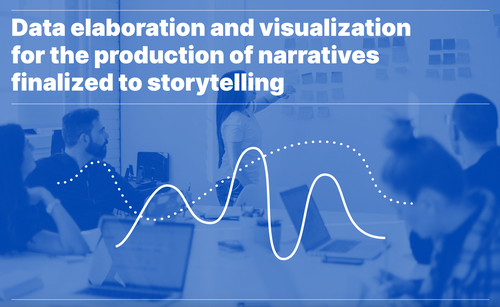
OBSERVATORY ON THE FUTURE OF THE CITY. OPEN WORKSHOPS AND URBAN DESIGN
Documentation of transformation processes triggered by the emergency, in compliance with global and territorial challenges. In collaboration with FIU, the activities are: creation of testimonial material also in audio-visual format through the editing of Urban Data Stories and Urban Stories and through the visualization of data; service design, including prototyping of formats to support urban transition processes through the use of processes, practices and technologies related to CCIs; visualization of the meta-city, storytelling and datatelling, through the use of prototypes to support the activities of the Observatory and the Open Laboratories.
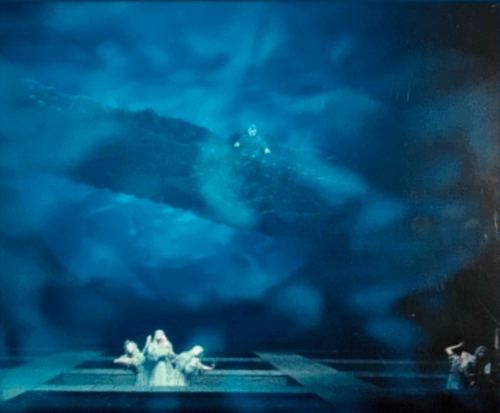
Scatti d'opera: over 70 years of history of the Theatre of Bologna - Teatro Comunale di Bologna
Over 70 years of the history of the Theater, from the fifties of the last century to 2007, told through about 10,000 photographs, mostly unpublished, of performances, performers, audience and moments of life of the Theater, will be returned to the community thanks to the project "Opera shots: the stage photos of the Teatro Comunale di Bologna", which was awarded the funding from the Ministry for Cultural Heritage and Activities and Tourism (MiBACT), now the Ministry of Culture (MiC), with the winning the “Photography Strategy 2020” competition. Objective of the project is the conservation and digitization of the photographic collection, which belongs to the historical archive of the lyric-symphonic foundation.

EMERGENT PROFESSIONAL PROFILES IN THE CULTURAL AND CREATIVE FIELD
Drafting of an online observatory on ICC and on the new creative professions in the Region. In synergy with the Flaminia Foundation, the project is aimed at developing an editorial prototype and broadcasting center within the Open Laboratory of Ravenna, which works to raise the level of the quality of the lessons (of all levels) and the level of the quality of creative fruition of the heritage.